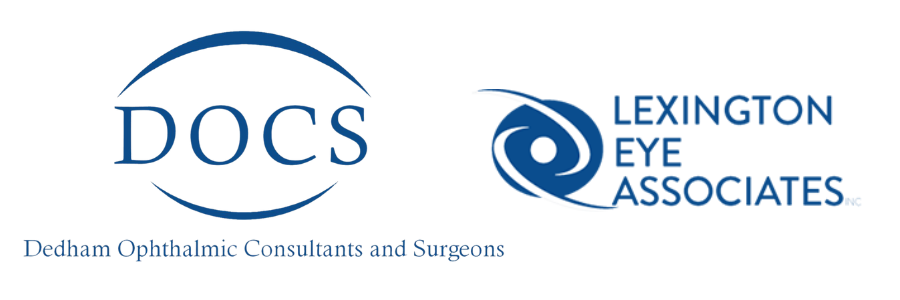We are facing unprecedented times for everyone’s health and well-being.
Since the start of the pandemic, besides conjunctivitis, COVID-19 has been reported to be associated with other ocular problems including episcleritis, uveitis, lacrimal gland inflammation, changes to the retina and optic nerve, and issues with ocular motility.
The arrival of the novel coronavirus (COVID-19) pandemic in 2019 has impacted the way the health community is working. With the proximity of eye care professionals to patients required during eye examinations COVID-19 has implications for eye health and eye health professionals.
If you are feeling trepidation about visiting your eye care doctor, during this second wave of COVID-19, be assured that we are adhering to the strictest protocols.
Since adjusting to the “new normal” for scheduling in-person appointments, we have implemented many procedural changes for conducting our eye examination services. For some, we are still offering “virtual” telemedicine visits over the phone or through video chat on a computer or smartphone.
For in-person appointments, our staff is taking several precautions to protect your health.
Changes to expect during eye exams
- You should wear a mask to your appointment. If you do not have a mask, one will be provided to you.
- We are spacing our schedules to reduce possible virus exposure from crowded waiting areas.
- We are restricting the number of people we see each day. If you do not need someone to escort you during your appointment, please do not bring anyone with you to your appointment. If you require someone to be with you, we would ask you to request a wheelchair and/or assistance in advance.
- We will ask our visitors to respond to COVID questionnaire upon your arrival to the office.
- The clinic staff and your physicians will be wearing additional protective equipment, such as masks, gloves, and protective eye wear.
Please take the following precautions
- If you have a cough or a fever, or have been in close contact with someone who has these symptoms, you must call our office ahead of time and let us know. If your visit is not an emergency, you will be asked to stay home.
- If you arrive sick, we may ask you to return home. If you have an eye emergency that cannot wait to be seen, you will be asked to wait in a special room away from other patients – or asked to visit the local Emergency Room.
- If you need to cough or sneeze during your exam, move away from the equipment and cough or sneeze into your elbow. Bury your face in the crook of your arm or cover your face with a tissue. Wash your hands with soap and water right away.
We are always available for eye emergencies
Remember that we are always available to treat urgent/emergency eye issues, deliver eye injections and provide critical care. Please be sure to contact our office if you are experiencing any of the following situations:
- You have macular degeneration or diabetic retinopathy and get regular eye injections;
- Sudden changes in your vision (like blurry, wavy or blank spots in your field of vision);
- You have an eye injury, even if it seems minor;
- You notice new floaters or flashes in your vision;
- You experience a sudden loss of vision;
- You have a red eye or eye pain, especially if associated with headache, nausea or vomiting.
If you have any questions, please complete the form below and we will get back to you shortly.





